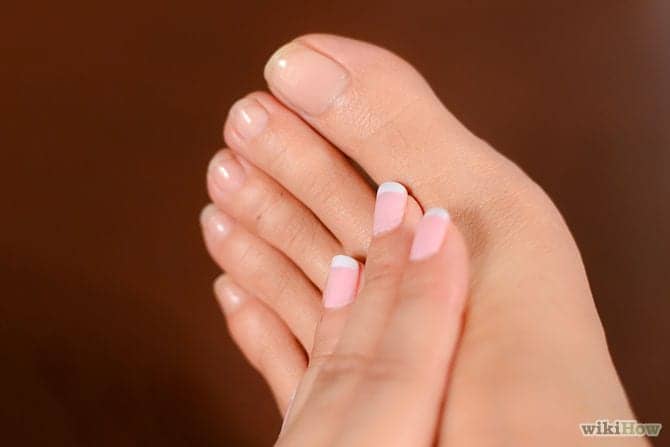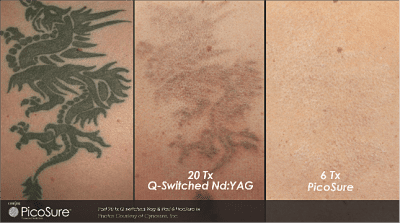 The US Food and Drug Administration (FDA) has approved Jublia® (efinaconazole 10% topical solution) for the treatment of onychomycosis of the toenails.
The US Food and Drug Administration (FDA) has approved Jublia® (efinaconazole 10% topical solution) for the treatment of onychomycosis of the toenails.
Valeant Pharmaceuticals International Inc’s Jublia is the first topical triazole approved for the treatment of onychomycosis of the toenails.
Currently, over-the-counter or prescription topical treatments provide limited efficacy and are often administered in conjunction with frequent debridement, or the scraping, cutting, or removal of the nail. Prescription oral treatments are limited by drug interactions and serious safety concerns. Laser therapies are also available to help treat toenail fungus.
“Onychomycosis is not only embarrassing and uncomfortable, but can lead to permanent nail damage and limited mobility in the general population,” says Bethesda, MD-based American Podiatric Medical Association Executive Director and CEO Glenn B. Gastwirth, DPM, in a news release. “We welcome the approval of Jublia® and encourage people with onychomycosis of the toenails to discuss their condition with their podiatrist, or other healthcare professional, to find a treatment.”
About Jublia
Jublia® is applied daily to the nail with a bottle that has a built-in flow-through brush applicator. It dries quickly, and there is no need to remove excess product. There are no concerns for systemic side effects such as drug-drug interactions or acute liver injury, Valeant states.
In the two studies that led to the FDA nod, the primary endpoint was complete cure at Week 52, which required that the target nail show no clinical involvement and no evidence of fungus present by both KOH fungal testing and a negative fungal culture. In Study 1, 17.8% of subjects treated with Jublia® were completely cured, compared to only 3.3% of subjects treated with vehicle. In Study 2, 15.2% of subjects treated with Jublia® were completely cured, compared to only 5.5% of subjects treated with vehicle.
Adverse events were generally mild and transient and were similar between subjects treated with Jublia® and vehicle. The most commonly reported adverse events in patients treated with Jublia® were application-site dermatitis and application-site vesicles.





